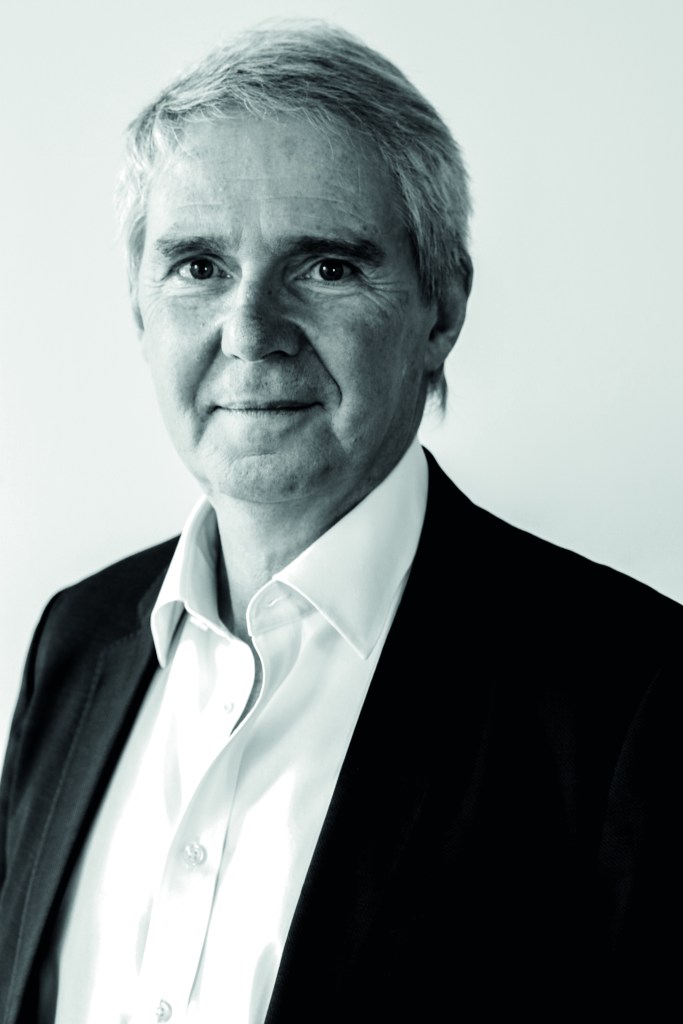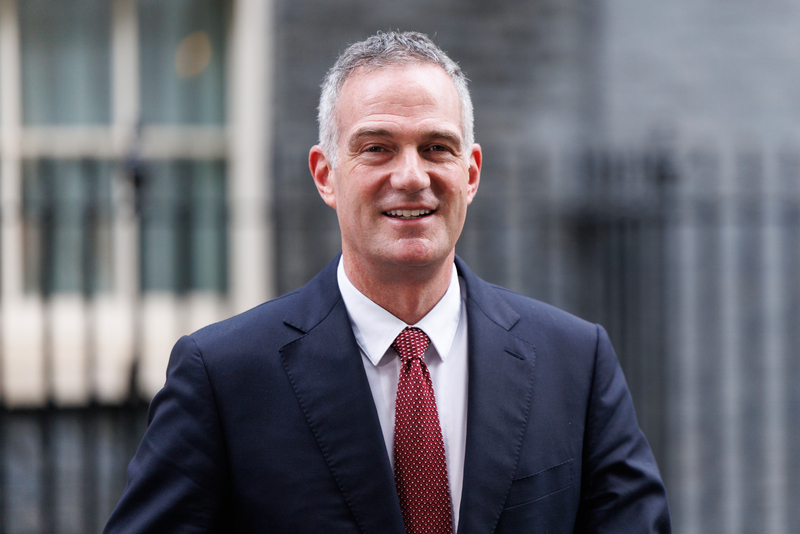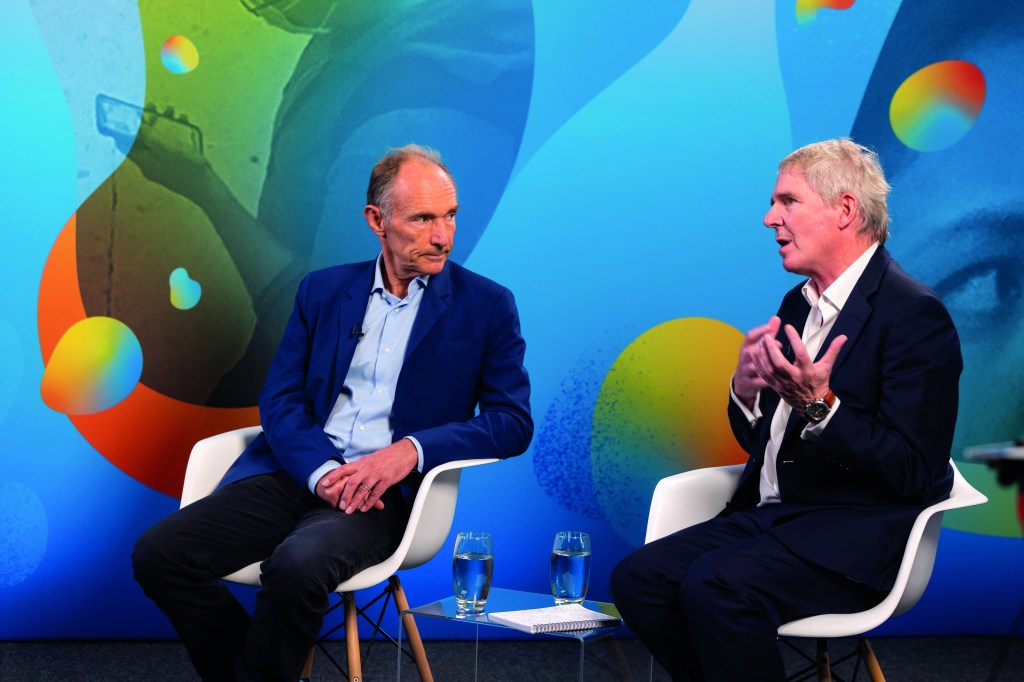Later this year, the Open Data Institute (ODI) – a non-profit organization, whose guiding mission is “to work with companies and governments to encourage an open, trustworthy data ecosystem” – celebrates its 10th birthday. The London-headquartered ODI officially opened its doors on December 4, 2012, in the afterglow of the London Olympics, in the heart of the English capital’s so-called Tech City, aka “Silicon Roundabout” – a nod to the more famous innovation region in northern California.
When Sir Nigel Shadbolt, executive chair at the ODI, co-founded the government-supported body with Sir Tim Berners-Lee, the inventor of the World Wide Web, Francis Maude – who was then Minister for the Cabinet Office – said: “We don’t just want to lead the world in releasing government data; our aim is to make the UK an international role model in exploiting the potential of open data to generate new businesses and stimulate growth. The ODI is a big step towards this.”
Maude added: “Establishing a center of excellence and expertise in the heart of technology start-ups will support the very best UK talents to innovate and drive value from the data this government is opening up.”
So, how do such lofty ambitions stack up a decade later in terms of connecting, equipping, and inspiring people worldwide to innovate with data?
“We have seen a lot of value – economic and social – derived from open data over the past 10 years,” says Sir Nigel, pointing out that benefits of open data were particularly evident during the coronavirus crisis. “Open data is at the heart of the ability to disseminate scientific knowledge and to reproduce it,” he explains. “The opening up of medical research and public health data in the pandemic contributed to the faster development of vaccines and treatments and the tracking and management of emergent variants.”
Open data success stories
After years extolling the virtues of open data, the ODI – whose global network includes individuals, large businesses, start-ups, franchises, collaborators, and governments – was quick to help the National Health Service (NHS) when Covid-19 hit. And it is continuing to collaborate to improve NHS efficiencies as the organization comes under intense strain post-pandemic.
Indeed, research published by the Health Foundation in July recommended that up to 39,000 extra beds are required by 2030 in England alone if the NHS is to enjoy parity with the level offered before Covid. Scaling up will cost the British taxpayer an estimated £29bn ($31bn).
However, the ODI will reduce that overall bill, states Sir Nigel. “Our work with big data start-up company Mastodon C, NHS start-up Open Health Care UK, and Ben Goldacre highlighted how publicly available NHS prescriptions data could be used to identify vast savings within the NHS.”
“Open data works for governments across the political spectrum. All usually have shared democratic interests in maintaining and promoting transparency and accountability, as well as improving participation and the efficiency of public services.”
Sir Nigel Shadbolt, co-founder, Open Data Institute
Other public-sector organizations have taken advantage of opening data, with Transport for London often held up as an exemplar. The most recent figures indicate that TfL’s release of data has generated economic benefits and savings of up to £130m ($157m) a year for the organization, travelers, and companies in London. “It’s been a huge open data success story,” says Sir Nigel. “Businesses such as Waze, Citymapper, and Bus Checker have been built using this data, which has also been used in academic studies and by non-commercial, customer-facing organizations.”
He flags other triumphs. “The open banking movement, which grew out of an initial working group convened by HM Treasury and was co-chaired by the ODI and Barclays, now has 4.5 million UK users. That initiative proved that important regulated sectors can be opened up in a trusted way. I’m proud that the ODI was a part of that systemic sector-wide change.”
Unfinished business in unlocking potential
Sir Nigel also lauds Open Corporates, one of the ODI’s first cohort of start-ups that strives to make company data open for all, and which now publishes information about 209 million companies in 141 jurisdictions.
To illustrate open data’s benefits, the ODI focuses much of its research, publications, and projects around themes: data infrastructure, data as culture, and promoting data as a tool for global development.
“Over the years, the ODI has evolved to encompass many species of data, which we describe in our data spectrum,” says Sir Nigel. “We recognize that to make policies and technologies work synergistically, we must work across this data spectrum – in data large and small, public and private, closed, shared and open. But we have always believed that the best possible foundation is to have as much open data as you can reasonably maintain and make available.”
While the ODI has made significant progress in encouraging the opening and organizing of data to make the lives of citizens better – and has delivered support programs in developing countries – there is still much work to do. “We have come a long way in many areas, although, in others, open data is unfinished business,” he concedes.

This life scientific
Sir Nigel Shadbolt is one of the UK’s foremost computer scientists, a leading researcher in AI and web science. He’s Executive Chair of the Open Data Institute, which he co-founded with Sir Tim Berners-Lee in 2012. He is Principal of Jesus College Oxford, a Professor of Computer Science at the University of Oxford, and a visiting Professor of AI at the University of Southampton. He is also a Fellow of the Royal Society, the Royal Academy of Engineering and the British Computer Society. He was knighted in 2013 for “services to science and engineering”.
Listing examples where improvement could – and arguably should – happen, Sir Nigel says: “In the UK, we still haven’t got an openly available dataset comprising the country’s legally recognized addresses. This is a fundamental part of our national data infrastructure, and it should be available as open data, which would, in turn, unlock huge potential for new businesses and services to the benefit of people across the country.”
Sir Nigel suggests that another area that could be improved is environmental, and specifically pollution, data. “The UK has done well in publishing open data on air pollution, but the same cannot be said for water. Were river quality data to be made available as open data at high resolution and with high spatial granularity, then it would have the potential to improve overall water quality and better support the delicate ecosystems that exist in our waterways.”
Open minds on open data
Looking ahead at the next 10 years of the ODI’s mission, Sir Nigel believes the greater public awareness of data spurred by the daily updates in the middle of the pandemic will help the cause. “There is still a lot to do, and I look forward to seeing what can be achieved as more parts of our society and economy embrace the opportunities offered by open data,” he says.
Sir Nigel calls on politicians and business leaders to open their minds about open data, while urging caution around data privacy and the use of artificial intelligence. “Open data works for governments across the political spectrum: those on the left, in the center, and on the right. All usually have shared democratic interests in maintaining and promoting transparency and accountability, as well as improving participation and the efficiency of public services,” he adds.
As the ODI continues its pioneering work, citizens around the globe can expect a safer and more efficient world.

















